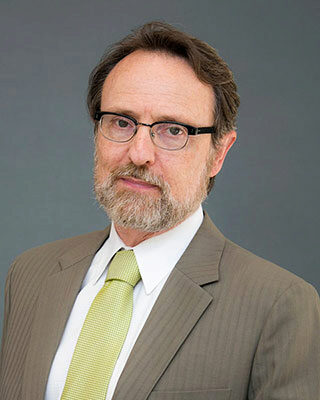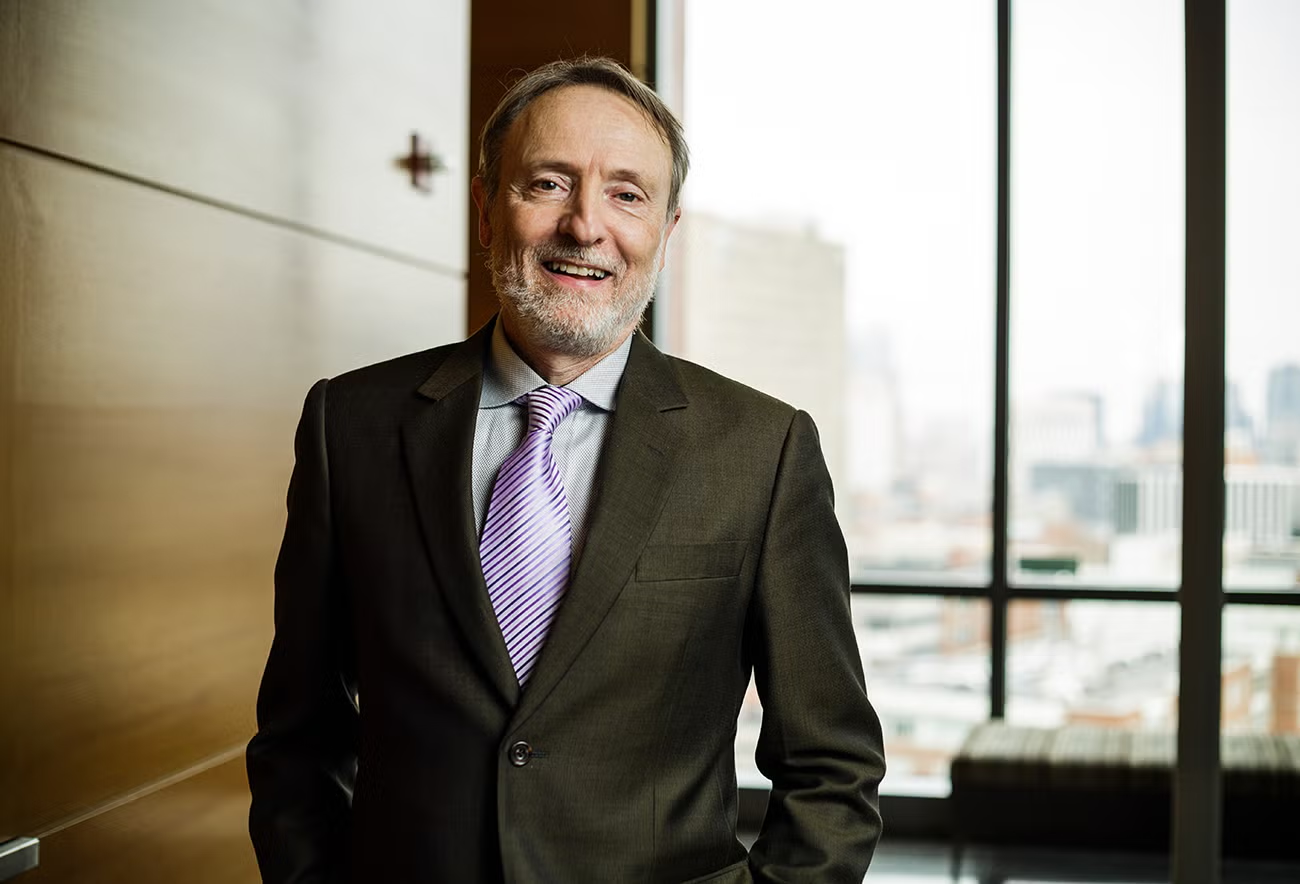Peter Cappelli | Source | George W. Taylor Professor of Management at The Wharton School - University o...

Peter Cappelli
Peter Cappelli is the George W. Taylor Professor of Management at the Wharton School and director of Wharton’s Center for Human Resources. He is also a research associate at the National Bureau of Economic Research in Cambridge, Massachusetts, and since 2007, is a Distinguished Scholar of the Ministry of Manpower for Singapore.
Cappelli’s recent research examines changes in employment relations in the United States and their implications. Cappelli writes a monthly column on workforce issues for Human Resource Executive Online and is a regular contributor to the Wall Street Journal and the Harvard Business Review. He has written several books, including Why Good People Can’t Get Jobs: The Skills Gap and What Companies Can Do About It; The Future of the Office, which was named a best business book for 2021 by Toronto’s Globe and Mail, and Our Least Important Asset: How the Relentless Focus on Finance and Accounting Hurts Employees and Business.
Cappelli has degrees in industrial relations from Cornell University and in labor economics from Oxford, where he was a Fulbright Scholar. He has been a Guest Scholar at the Brookings Institution; a German Marshall Fund Fellow; and a faculty member at MIT, the University of Illinois, and the University of California at Berkeley.
-

The Wharton School - University of Pennsylvania (https://fnce.wharton.upenn.edu )
George W. Taylor Professor of Management
-
A 110-hour work week? What's behind another overwork scandal
A report on unhealthy working hours at investment firm Baird is the latest example of a culture where workloads aren't effectively managed.
Article -
How will the workplace change in 2025? | Penn Today
The Wharton School’s Peter Cappelli expects incremental changes in the workplace this year, a continuation of bigger trends that began during the pandemic.
Article -
Retirement and the Changing Workforce | Peter Cappelli
Wharton professor Peter Cappelli discusses whether companies value older workers.
Podcast
-
Evening Meetings: Productivity Boost or Burnout Risk?
Peter notes that evening work, a trend since the pandemic, may harm productivity and disrupt work-life balance. He traces the "always-on" mentality back to the 1980s. Peter suggests fewer, more effective meetings as a solution, criticizing the tendency to extend work hours for more meetings as "lazy management."
-
"Five years after the pandemic forced a global experiment in remote work, organizations are facing a critical inflection point. For the first time, we have evidence, drawn from experience and research, on what works and what doesn’t."





